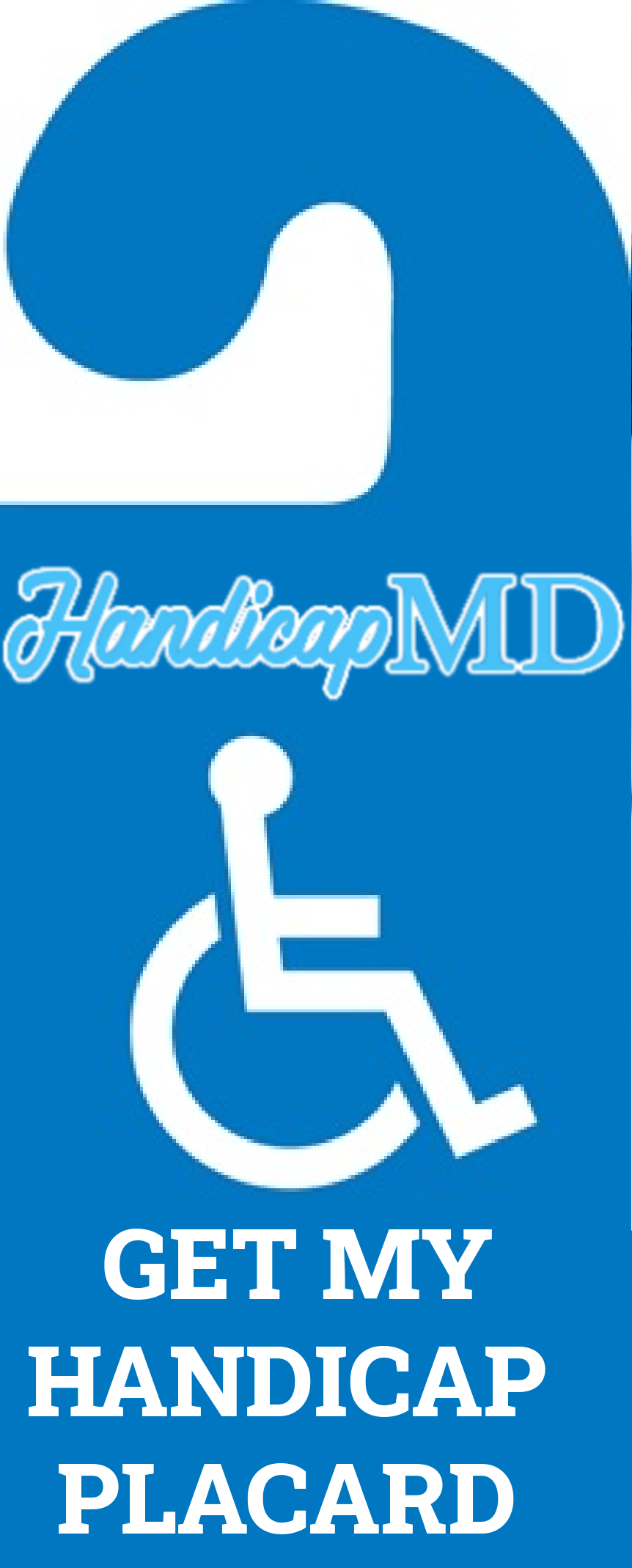
A Guide to Handicap Parking in Vermont
Introduction
Welcome to our comprehensive guide on handicap parking in Vermont. This article aims to provide you with all the necessary information about handicap parking regulations, permits, and accessible parking spaces in the state. Whether you are a resident, visitor, or caretaker of someone with a disability, understanding the rules and procedures for disabled parking is essential to ensure accessibility and convenience for individuals with disabilities. So let's dive in and explore everything you need to know about disabled parking.
What is Handicap Parking?
Handicap parking, also known as accessible parking, is a designated parking space reserved for individuals with disabilities. These parking spaces are designed to provide easier access to buildings, facilities, and amenities for people who have mobility challenges. These parking spaces are usually located closer to entrances and equipped with features like wider spaces, ramps, and curb cuts to accommodate wheelchair users.
The Importance of Handicap Parking Spaces
Disabled parking spaces play a crucial role in promoting accessibility and inclusivity for individuals with disabilities. By designating specific parking spots for people with disabilities, it ensures that they have equal opportunities to access public places, businesses, and services. Accessible parking spaces provide convenience, reduce barriers, and enable individuals with disabilities to participate fully in society.
Guidelines for Disabled Parking Eligibility
Determining Eligibility
The eligibility criteria for obtaining a disabled parking permit revolve around an individual's ability to walk comfortably for more than 200 feet. This requirement intentionally remains flexible to accommodate the varying capabilities of individuals. Vermont does not maintain an official list of conditions causing ambulatory difficulty. Instead, medical providers assess eligibility based on several factors, including:
- Partial or full amputation or paralysis
- Use of a brace or prosthesis
- Reliance on ambulatory assistive devices such as a wheelchair, walker, or cane
- Legal blindness
- Class III or IV cardiac conditions, like a history of heart attack or stroke
- Severe and limiting respiratory diseases like COPD
- Reliance on supplemental oxygen
- Conditions affecting balance or causing dizziness
- Seizures or uncontrolled loss of muscle tone
- Any other condition causing severe pain or difficulty walking more than 200 feet
If you believe your condition qualifies you for a disabled parking permit, consult your doctor for further guidance. Temporary placards, valid for six months, are available for those facing temporary but severe.
Vermont Providers of Physician Signed Certificates
To obtain a physician-signed certificate for either temporary or permanent eligibility, consult your primary care physician or specialists related to your condition. These certificates are crucial for determining your eligibility.
In addition to your primary care provider, specialists can also provide the necessary certificates. For instance, an optometrist can verify blindness.
For convenience, virtual visits are an option to acquire your physician-signed certificate, allowing you to connect with healthcare professionals from your home.
Applying for a Disabled Parking Pass
To apply for disabled parking, complete the application for a disabled parking placard provided by the Department of Motor Vehicles. Vermont offers both permanent and temporary placards:
Permanent Placards
- Permanent placards are valid for four years and may be renewed if your condition remains permanent and stable, as certified by a medical provider.
Temporary Placards
- Temporary placards last six months and require a new application if needed.
Both types of placards are free. If you prefer a disabled license plate, there will be a vehicle registration fee.
Handicap Parking Laws
Vermont has specific laws and regulations in place to govern disabled parking and ensure compliance. These laws are aimed at protecting the rights of individuals with disabilities and ensuring the availability of accessible parking spaces. It is important to familiarize yourself with these laws to avoid penalties and ensure the proper use of disabled parking facilities.
In VT, it is illegal for anyone to park in a designated parking space without a valid parking permit or license plate. Violators may face fines and other penalties for parking in these reserved spaces without authorization. The state enforces these laws to ensure that individuals with disabilities can access the necessary amenities and services without hindrance.
How To Display Your Disabled Parking Placard
Display your permanent disabled parking placard inside your parked vehicle, hanging from the rear-view mirror. Temporary placards should also be placed inside the windshield. For disabled license plates, affix them as standard license plates on your vehicle.
Disabled Veterans License Plates
Vermont disabled veterans may qualify for special license plates by meeting certain criteria, including a Universal Medical Evaluation and certification by the Office of Veterans’ Affairs.
Filing Guide for Disabled Parking
Once you have your physician-signed certificate, submit your paperwork to the Department of Motor Vehicles. Forms for temporary and permanent placards, as well as license plates, are available for submission either by mail or in person.
Report lost or stolen placards for replacements. Temporary placards require a new physician-signed certificate, but permanent placards do not.
Obtaining a Handicap Parking Permit
To park in designated parking spaces, you must obtain a valid parking pass. These passes are issued to individuals who have a qualifying disability that significantly impairs their mobility. The process of obtaining a disabled parking pass in Vermont involves certain requirements and documentation.
To apply for a disabled parking permit, you will need to complete an application form provided by the Vermont Department of Motor Vehicles (DMV). The application requires you to provide medical certification from a qualified healthcare professional, such as a physician, podiatrist, or nurse practitioner, confirming your disability and need for a disabled parking pass. The DMV will review your application and, if approved, issue you a valid parking pass.
Types of Handicap Parking Permits
In VT, there are two types of permits available:
Permanent Pass: This is issued to individuals with a permanent disability that substantially limits their mobility. A permanent permit is valid for five years and can be renewed upon expiration.
Temporary Pass: Individuals with temporary disabilities that affect their mobility can apply for a temporary handicap parking permit. This permit is valid for up to six months, depending on the duration of the disability.
Where to Display Your Handicap Parking Permit
When using a parking pass in VT, it is important to display it correctly to avoid any confusion or potential fines. The pass should be hung from the rearview mirror when the vehicle is parked in a designated parking space. If the vehicle does not have a rearview mirror, the pass should be placed on the dashboard, clearly visible to parking enforcement officers.
Handicap Parking Violations and Penalties
Violating these parking laws in VT can result in fines and penalties. The state takes these violations seriously to ensure the availability of accessible parking spaces for individuals with disabilities. The fines for parking in a designated parking space without a valid pass can range from $250 to $500, depending on the severity of the offense and any previous violations.
Additionally, vehicles parked illegally in a designated parking space may be subject to towing at the owner's expense. It is important to respect and abide by these parking regulations to avoid fines, penalties, and inconvenience to individuals who genuinely require these spaces.
Is Handicap Parking Free in Vermont?
If you qualify for a disabled parking permit, you can park for free in designated parking zones, even if they have time restrictions. Ensure your placard or plate is displayed properly.
Renewing Your Parking Permit
Renew portable placards every four years with a medical application. For number plates, renew every third registration. Permanent and stable conditions may skip the medical certification but must still renew every four years.
Additional Information
Temporary placards cannot be renewed, so reapply if necessary. Permanent placards can be renewed without a new medical certification statement. Disability license plates require recertification on the third registration renewal. Contact licensed physicians to assess your disability for parking permit eligibility
Reporting Handicap Parking Abuse
If you witness someone parking illegally in a designated parking space or suspect abuse of the disabled parking system, it is essential to report the incident. Reporting such violations helps authorities take action against offenders and ensures that accessible parking spaces remain available for those who truly need them.
To report disabled parking abuse in VT, you can contact your local law enforcement agency or the Department of Motor Vehicles. Provide them with the necessary details, such as the license plate number, location, and description of the violation. Your report can contribute to maintaining the integrity and effectiveness of the disabled parking system.
Frequently Asked Questions (FAQs)
FAQ 1: Can I use my out-of-state disabled parking pass?
Yes, Vermont recognizes valid out-of-state parking passes. However, it is important to familiarize yourself withspecific regulations and display the permit correctly to avoid any confusion or potential violations.
FAQ 2: How long is a disabled parking pass valid?
A permanent parking pass in VT is valid for five years. Temporary passes for individuals with temporary disabilities are valid for up to six months, depending on the duration of the disability.
FAQ 3: Are there designated accessible parking spaces?
Yes, VT has designated accessible parking spaces available in various locations such as public parking lots, shopping centers, medical facilities, and other public places. These spaces are marked with the International Symbol of Access and are reserved for individuals with disabilities.
FAQ 4: What should I do if I see someone without a valid pass parking in a disabled spot?
If you witness someone parking illegally in a designated spot without a valid pass, you can report the incident to your local law enforcement agency or the VT Department of Motor Vehicles. Provide them with the necessary details, and they will take appropriate action against the violator.
FAQ 5: Can I park in a disabled spot with a temporary disability?
If you have a temporary disability that affects your mobility, you can apply for a temporary parking pass. With a valid temporary pass, you are allowed to park in designated parking spaces during the duration of your disability.
FAQ 6: Are there any exemptions or special rules for disabled parking during certain hours?
In general, disabled parking regulations apply at all times. However, it is essential to check local ordinances and signage for any specific rules or exemptions that may apply in certain areas or during specific hours.
Conclusion
In conclusion, understanding the regulations and procedures for handicap parking in Vermont is crucial for promoting accessibility and inclusivity. By respecting designated parking spaces, obtaining the necessary permits, and reporting violations, we can ensure that individuals with disabilities have equal opportunities to access essential services and amenities. Remember to always display your valid parking pass correctly and be considerate of others who rely on these accessible parking spaces.
.png)





